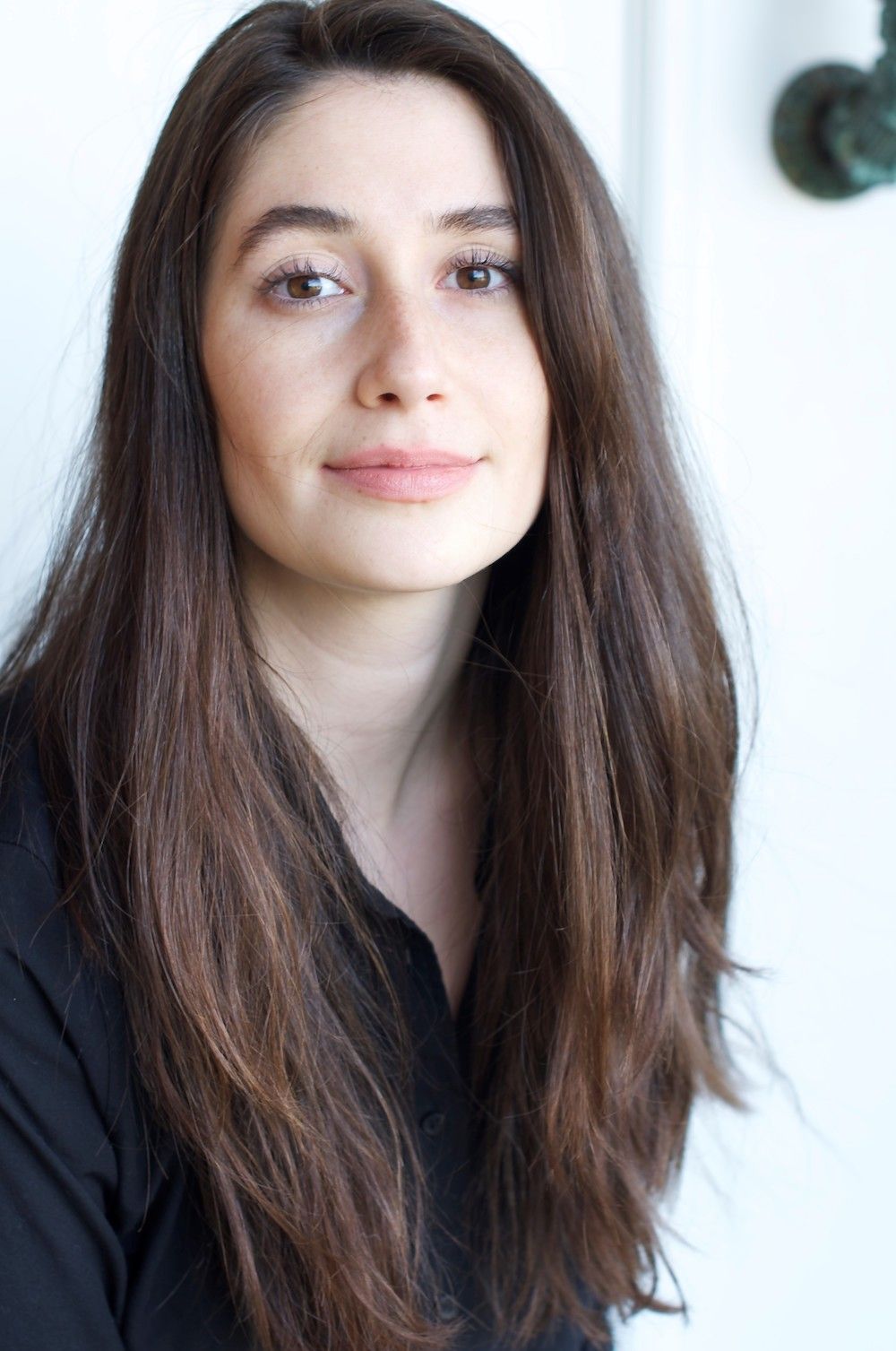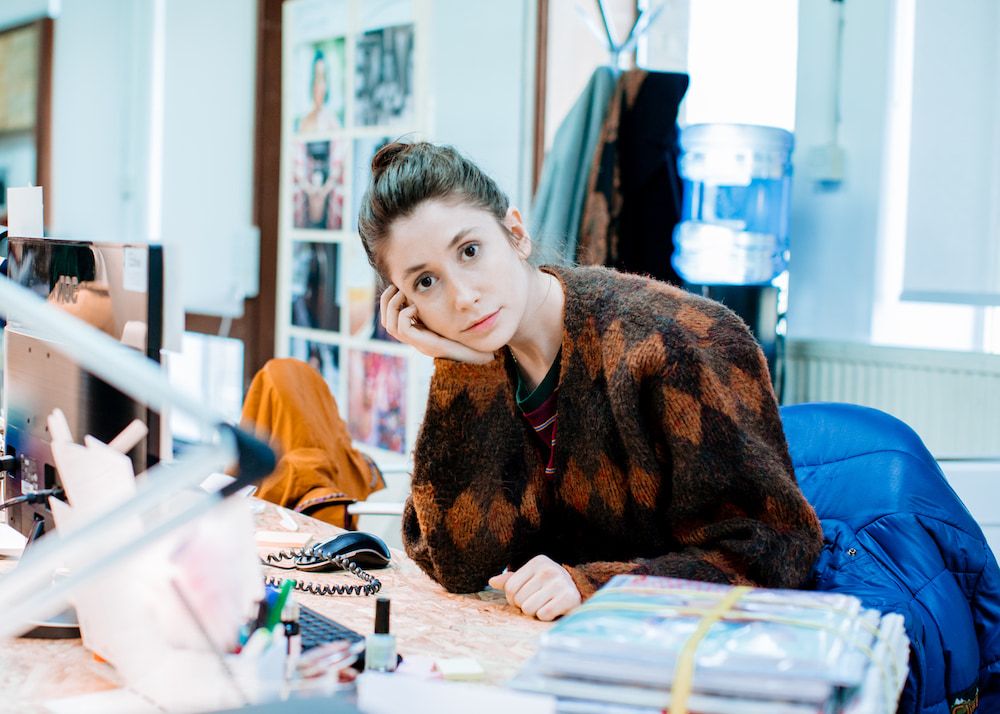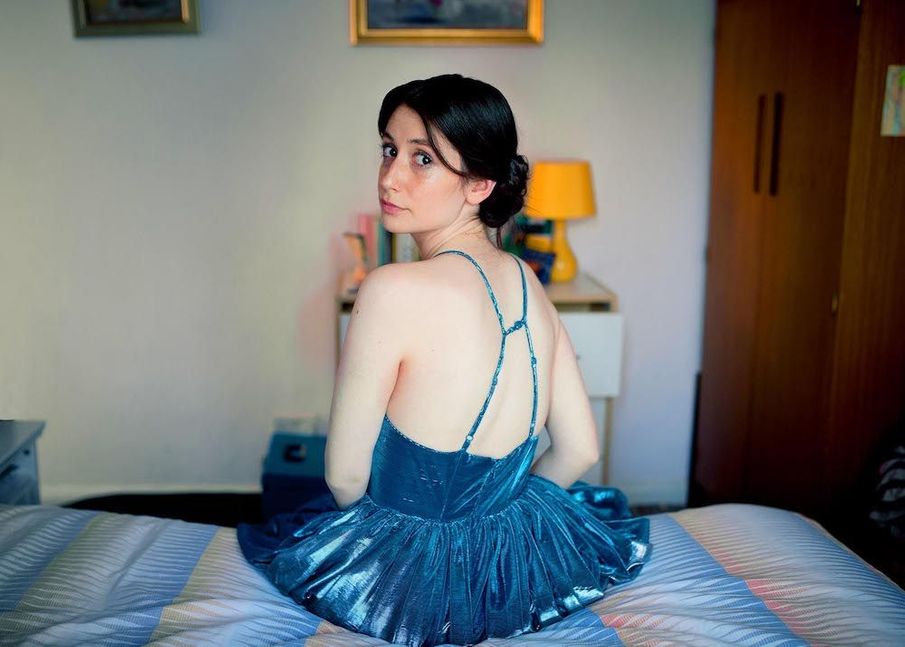It may be her first ever on-screen role, but Charly Clive proves herself to be one to watch as she takes the lead in Channel 4’s new drama, ‘Pure’. Inspired by the memoir by Rose Bretécher, Charly’s character Marnie navigates friendship, love and life in a new city, all while struggling with intense intrusive sexual thoughts – a common, but relatively unknown, symptom of OCD. As ‘Pure’ enters its fourth week on our screens, we chat with Charly about the challenges, lessons and duty of care that came with playing Marnie
Hi Charly. Congratulations on the success of ‘Pure’! You’ve been getting really great feedback, particularly from people who have OCD themselves. What has that been like?
Partly a huge honour, and partly a huge relief! We were all so concerned about our duty of care to the people who had the same kind of OCD as Marnie. We wanted them to have a reference point to talk about it, rather than something that they felt was mocking them or didn’t represent them accurately. It’s also quite unlike the book it’s based on, so we wanted people who had originally found a lot of hope in the book to find the same thing in the series. So it was so amazing that they did!

Charly Clive | Channel 4
On-screen representation of mental illness can massively help tackle stigma. Was that something you had in mind when working on ‘Pure’?
Yes, definitely – we had quite a few conversations about it. Joe Cole’s character has an addiction that he deals with, and the character of Shereen [Kiran Sonia Sawar] has generalised anxiety, and so there was something that we could all relate to, whether we had experiences ourselves or just in general.
Largely, we were just saying how it was hard to think of a show like it. When I was younger, I think we had some lessons about mental health. But it felt like the idea was very daunting, and you thought: “Oh god, I hope it doesn’t happen to me,” rather than looking around the class and thinking, “What can I do to help?”
What did you know about OCD before you started on the show?
Looking back, my idea of OCD before reading the first script was so bare-bones it was ignorant. I thought it was checking the door is locked lots of time, not stepping on cracks in the pavement, counting, that kind of stuff.
You hear it all the time, people saying: “I’m a bit OCD about this.” I’m sure I’ve said that in the past, unknowing of how insensitive and inaccurate it is. But when I got the part, and read Rose’s book, my eyes were totally opened and I’m really grateful for that, and I hope that the show can do that for others, too.
What would you say was the hardest thing about playing Marnie?
Making sure that I was never just playing the condition. First and foremost, Marnie is a character with lots of other amazing attributes about her. She’s funny, she’s brave, she’s confident, she’s clumsy, she's silly, and she happens to have this type of OCD.
Do you think this experience will lead you to want to get involved with mental health activism?
Absolutely. I feel like I’ve learned so much, even after the project from people sharing their experiences with me, or reaching out to me personally. Much like every other family in the UK, I have members of my family and my friendship group that have various mental health problems. I feel like this has been a great way to talk about it. But you don’t have to be in a TV show to talk about it, I’m really keen to find other avenues. If I have a platform to do that, I want to talk about it.

Charly Clive as Marnie | Channel 4
Some of the scenes in ‘Pure’ must have been quite distressing to film. Did you find you needed time to unwind and put that mindset to bed after a day at work?
Yeah, I did. It was my first role so I didn't have that skill set at first. I had to sit down with myself and think, “What do I need right now?” I hadn’t been in a situation before where I had to step out of the skin of the role I was playing. Even when I was doing a play, you do a big narrative that happens all at once, so you can go through the process and then there’s some catharsis at the end. When you just do a scene over and over again, it’s a weird thing because they call cut and you’re done for the day, but you’re not really done for the day because it sits with you for a bit.
So I’m grateful because I got opportunities to sit down with myself and think, “What do I need?”, and then realise what that was. I think it taught me how to be more comfortable with checking-in with myself.
‘Pure’ does have some funny moments. Coming from a background in comedy, do you think it’s important to find humour in difficult times?
A lot of people attribute making jokes to a defence mechanism, which I think it can sometimes be, but I also think it’s quite a brave thing to do. You’re taking back control and you’re changing how that story is told. A good piece of advice that I was given for when you’re talking about something really difficult is to tell it the way you would want it to be told.
I think that’s kind of what’s happening in 'Pure'. All jokes are born from something that isn’t particularly funny, like slipping on a banana peel. I think that there’s something really primal about laughter, it makes us feel very comfortable. Comedy is such an accessible thing for hard topics, because you can just take a deep breath and know that it doesn’t have to be that heavy.
So, what’s next for you?
I’m hoping to go back to some comedy stuff for a little bit, as well as some nice projects in the pipeline! We’re also reviving the Edinburgh show that got me discovered for the role in 'Pure', and we’re bringing it to the Soho Theatre in April – which I’m really excited about!
‘The whole series of Pure is now available as a box set on All4. ‘Britney’ is at the Soho Theatre 18 to 20 April. Book tickets here. For more from Charly, follow her on Twitter


Comments